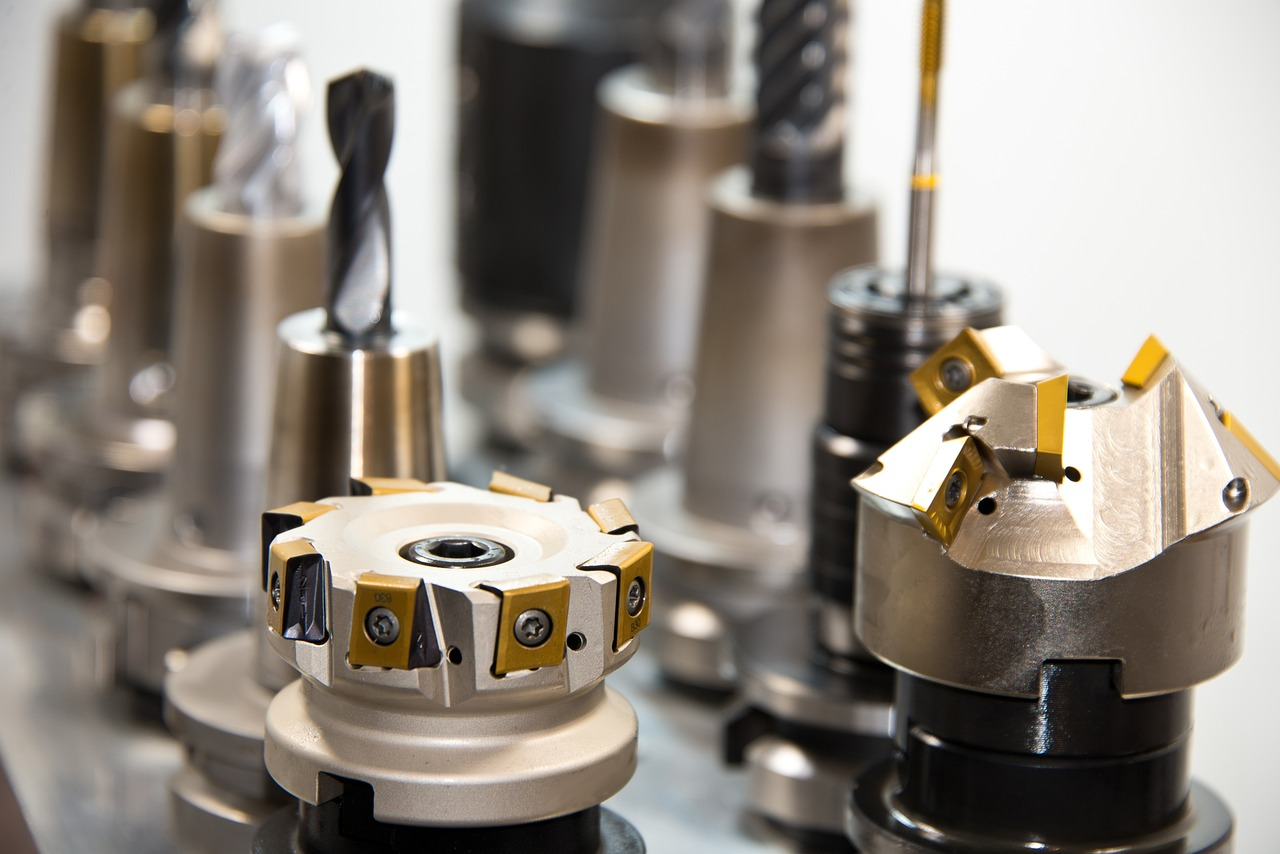
Greek factory activity grew even faster in March as stronger domestic and foreign demand and investment in production led to a sharp rise in output and employment despite supply disruptions, a survey showed on Monday. S&P Global's Purchasing Managers' Index (PMI) for manufacturing, which accounts for about 10% of Greece's economy, rose to 56.9 in March from 55.7 in February.
It was the 14th month in a row that the reading was above the 50 level denoting growth in activity and the fastest expansion in a year, as Greece has outperformed many other European economies. Ongoing disruptions to supply routes through the Red Sea delayed delivery of goods - mainly from Asia - for the fourth month running, hampering efforts to build stocks and pushing up import costs.
FASTEST PACE SINCE AUGUST 2021
However, output rose at the fastest pace since August 2021 on stronger demand from domestic and foreign clients and growing activity and increased spending by manufacturers in production processes. Firms hired more workers, both full and part-time, with the pace of job creation the strongest in almost two years.
Costs rose on higher raw material, oil and shipping expenses as many shipments were rerouted away from the Suez Canal. Many cargo vessels have been avoiding the Red Sea where Houthis militants have launched a series of attacks against international commercial shipping since mid-November. "Cost inflation regained momentum as prices rose at the sharpest pace since the start of 2023," said Sian Jones, an economist at S&P Global Market Intelligence.
Although historically elevated, the rise in charges slowed amid strong, but less upbeat, expectations for output over the year. The latest PMI data suggested consumer price inflation will ease to 2.5% this year, Jones said.






